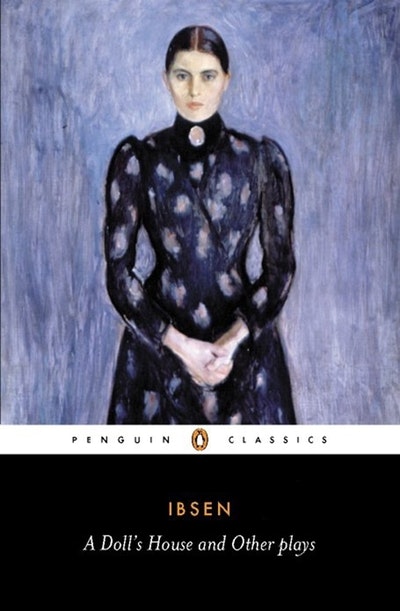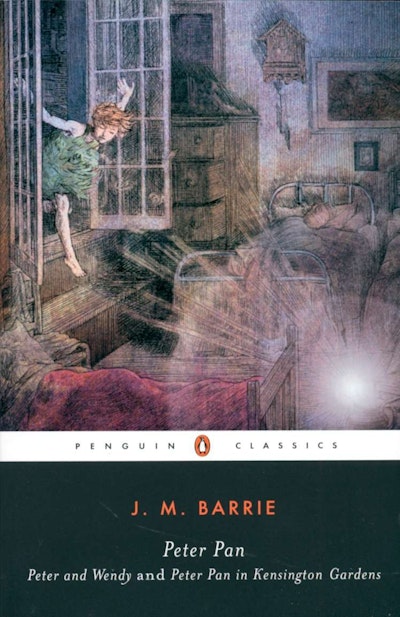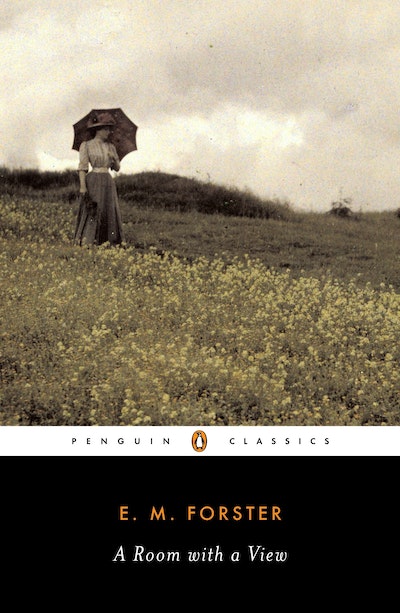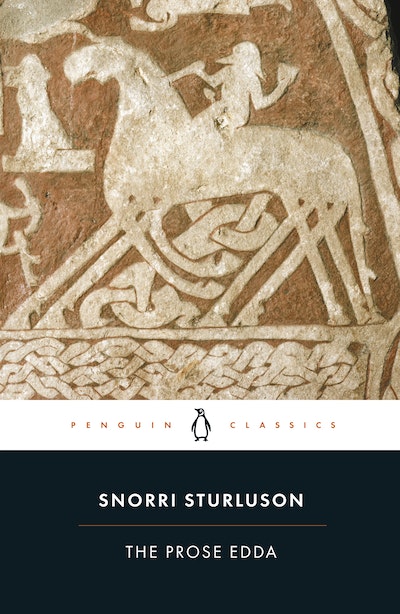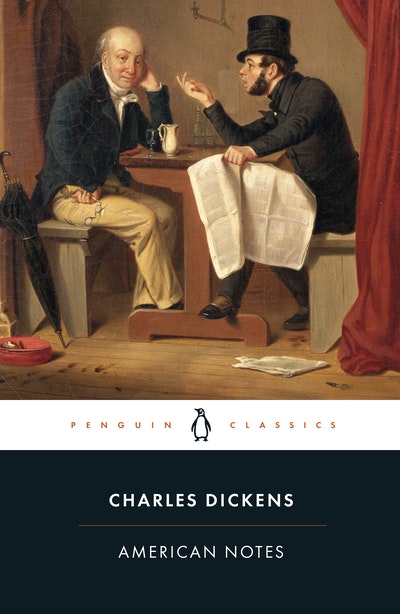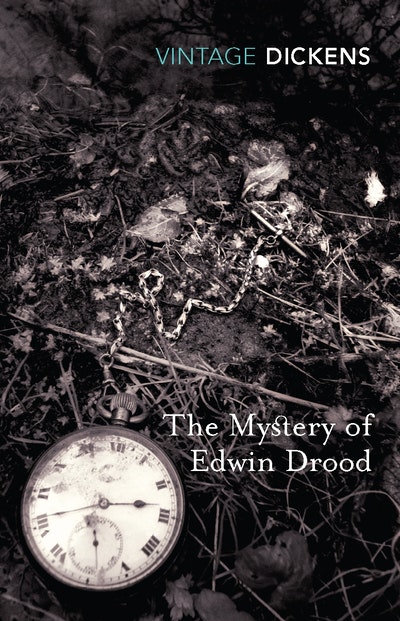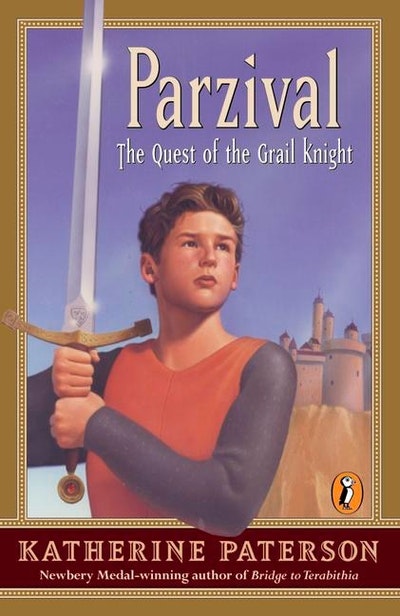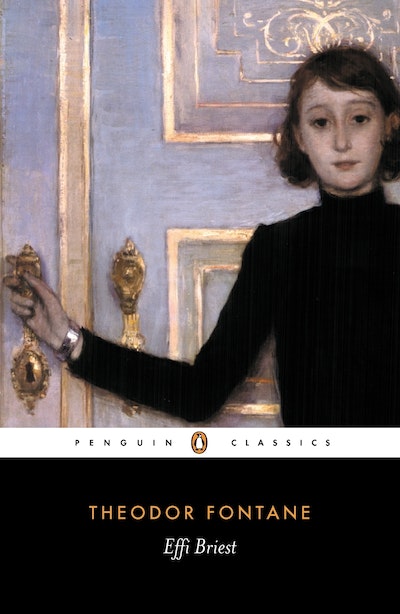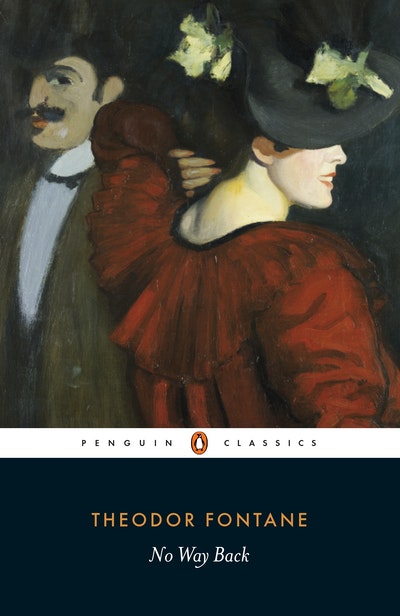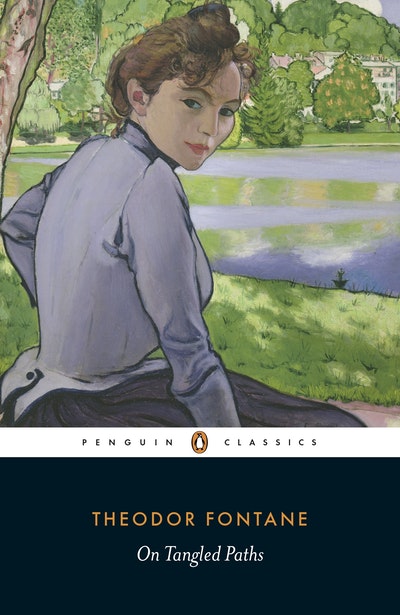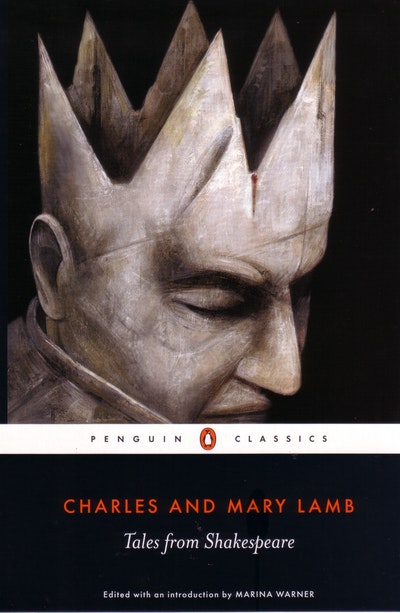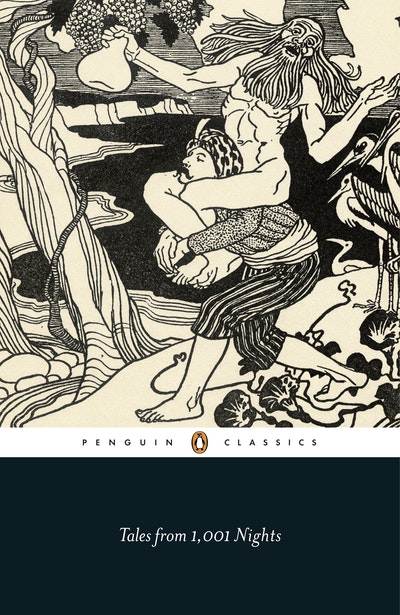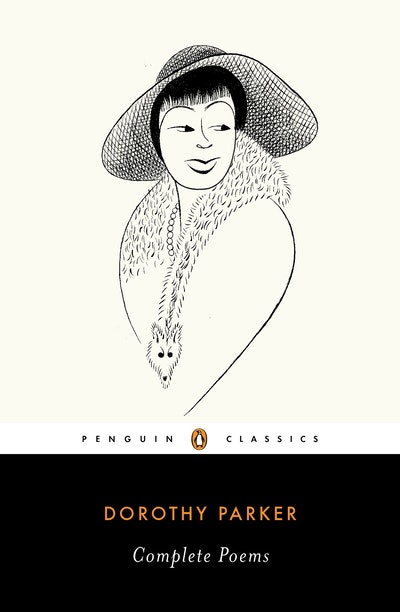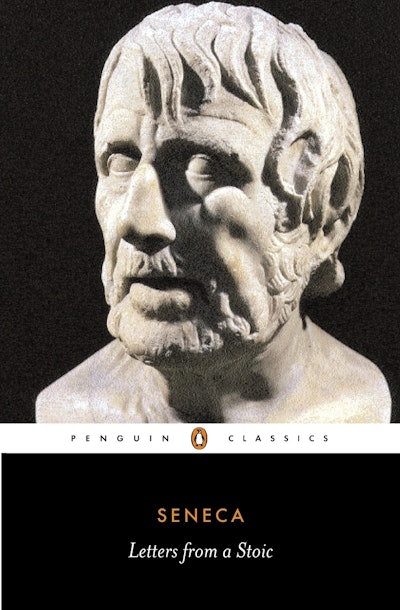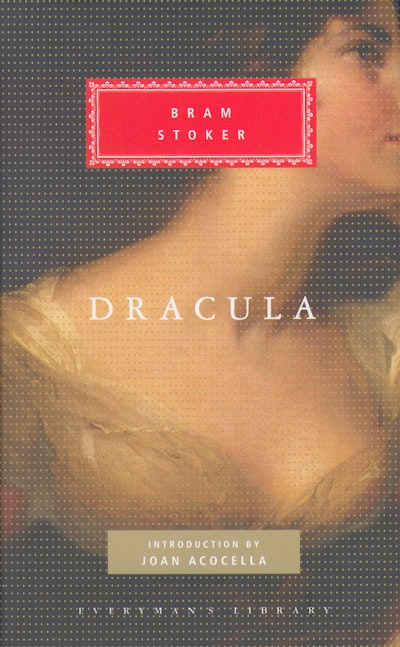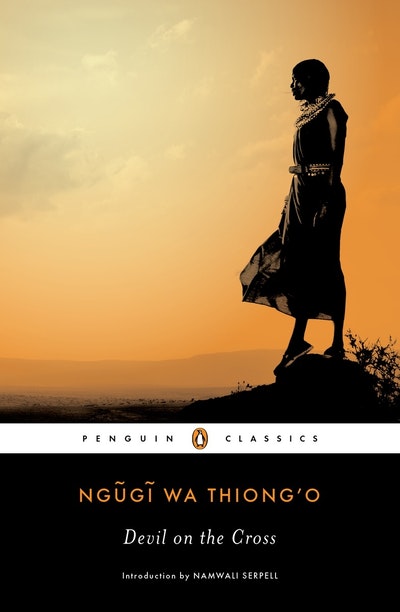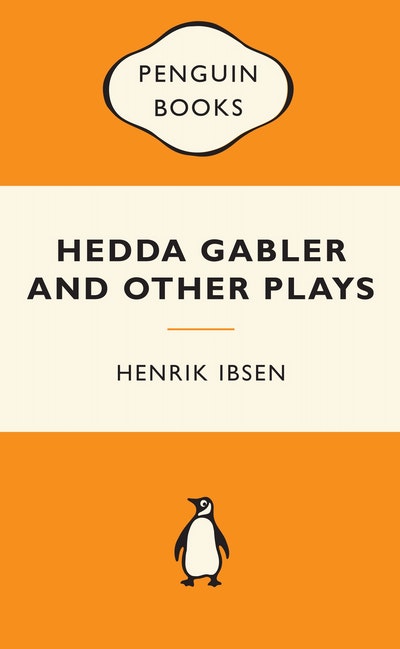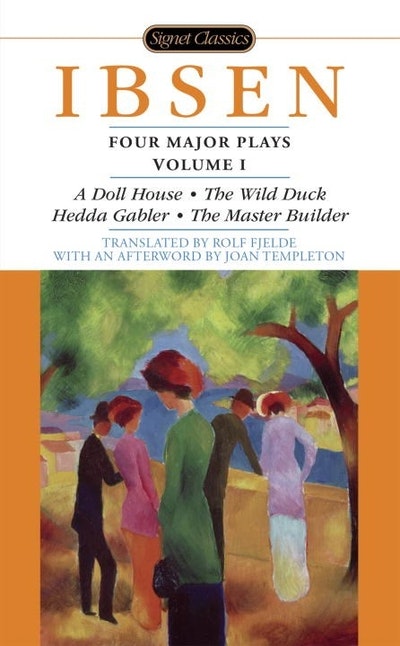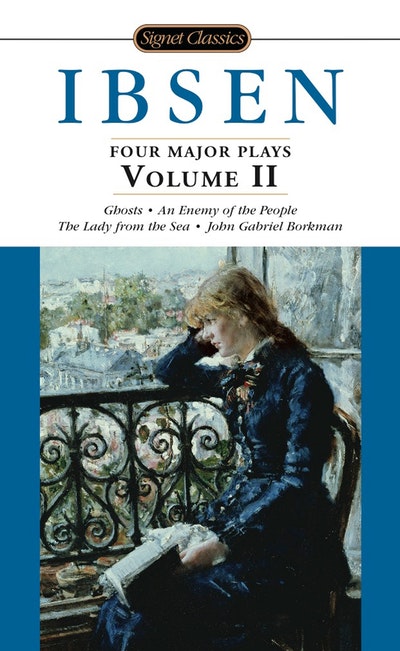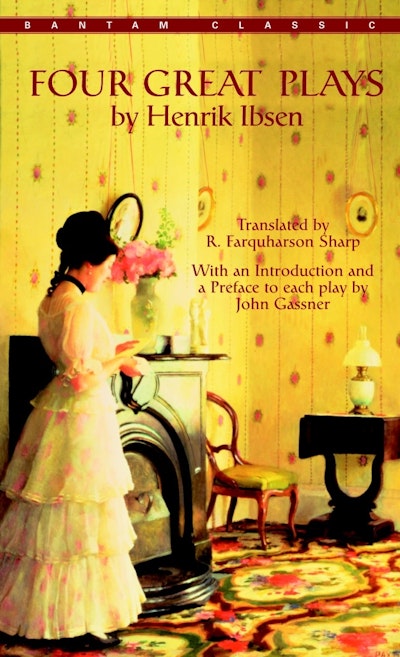- Published: 1 September 1965
- ISBN: 9780140441468
- Imprint: Penguin Classics
- Format: Paperback
- Pages: 336
- RRP: $14.99
A Doll's House And Other Plays
This new translation, the first to be based on the latest critical edition of Ibsen's works, offers the best version available in English.
Delivering three distinct and powerful visions of characters who choose to defy convention in the pursuit of happiness, Henrik Ibsen's A Doll's House and Other Plays is translated with an introduction by Peter Watts in Penguin Classics.
The League of Youth was Ibsen's first venture into realistic social drama and marks a turning-point in his style. By 1879 Ibsen was convinced that women suffer an inevitable violation of their personalities within the context of marriage. In A Doll's House, Ibsen caused a sensation with the his portrayal of Nora Helmer, a woman who, gradually arriving at an understanding of her own misery, struggles to break free from the stifling confines of her marriage. Continuing the theme of tensions within the family in The Lady from the Sea, Ibsen put forward the view that freedom with responsibility might at least be a step in the right direction.
Peter Watts's lively modern translation is accompanied by an introduction examining Ibsen's life and times, with individual discussions of each of the three plays.
Henrik Ibsen (1828-1906) turned to journalism and playwriting instead of pursuing a university career. Ibsen was one of the earliest writers to dramatise the individual's alienation from society. Although Ibsen was never fully appreciated during his lifetime, he has since come to be recognised as one of the great dramatists of all time and the 'Father of Modern Drama'.
If you enjoyed A Doll's House, you might like Ibsen's The Master Builder and Other Plays, also available in Penguin Classics.
- Published: 1 September 1965
- ISBN: 9780140441468
- Imprint: Penguin Classics
- Format: Paperback
- Pages: 336
- RRP: $14.99
Other books in the series
About the author
Henrik Ibsen was born of well-to-do parents at Skien, a small Norwegian coastal town, on March 20, 1828. In 1836 his father went bankrupt, and the family was reduced to near poverty. At the age of fifteen, he was apprenticed to an apothecary in Grimstad. In 1850 Ibsen ventured to Christiania—present-day Oslo—as a student, with the hope of becoming a doctor. On the strength of his first two plays he was appointed 'theater-poet' to the new Bergen National Theater, where he wrote five conventional romantic and historical dramas and absorbed the elements of his craft.
In 1857 he was called to the directorship of the financially unsound Christiania Norwegian Theater, which failed in 1862. In 1864, exhausted and enraged by the frustration of his efforts toward a national drama and theater, he quit Norway for what became twenty-seven years of voluntary exile abroad. In Italy he wrote the volcanic Brand (1866), which made his reputation and secured him a poet's stipend from the government. Its companion piece, the phantasmagoric Peer Gynt, followed in 1867, then the immense double play, Emperor and Galilean (1873), expressing his philosophy of civilization.
Meanwhile, having moved to Germany, Ibsen had been searching for a new style. With The Pillars of Society he found it; this became the first of twelve plays, appearing at two-year intervals, that confirmed his international standing as the foremost dramatist of his age. In 1900 Ibsen suffered the first of several strokes that incapacitated him. He died in Oslo on May 23, 1906.
